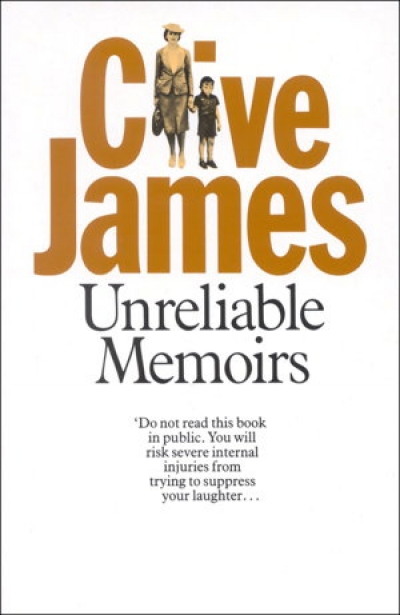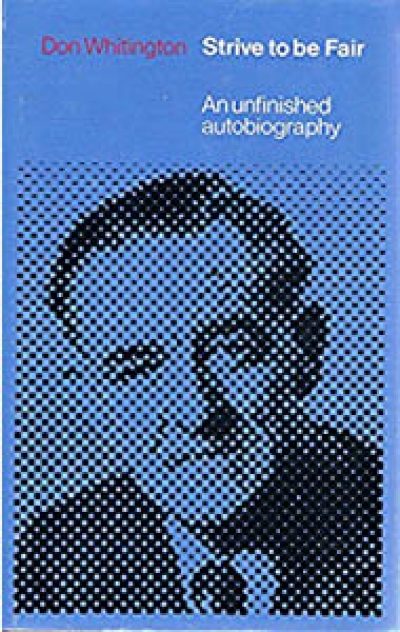Memoir
I first met Fabinyi in November, 1963 – he had offered me an editorial job sight-unseen at F.W. Cheshire while I was living in London. On my first day in the basement in Little Collins Street, Melbourne, I shook hands formally with a handsome, greying man in his early fifties with a slight stoop and a thick European accent. Within a week or two of my arrival, my new acquaintances warned me about him: he was ambitious, and he was circuitous. Then followed the tired, old (and to me, offensive) joke about the Hungarian in the revolving door. I shall comment on these accusations later.
... (read more)





